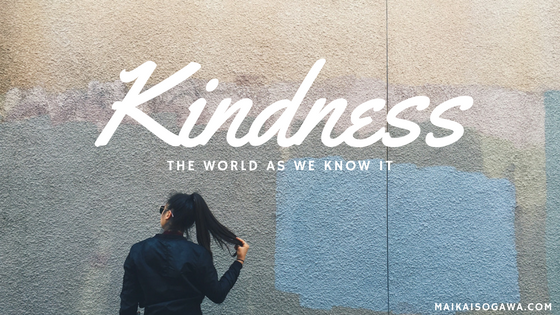Kindness is one of the best gifts. It’s wonderful to receive, and oh-so satisfying to give. It’s something we don’t think about on a daily basis, but there’s a lot that goes on behind kindness.
No act of kindness, no matter how small, is ever wasted. – Aesop
Kindness: acting with a quality of being friendly, generous, or considerate.
Over this last tour break, I was overwhelmed with kindness. How people treated me, the generosity, the open arms that pulled me into tight hugs, full of love and nostalgia. I can only hope that I was able to reciprocate a fraction of the kindness extended towards me, or at least able to express an adequate amount of gratitude and appreciation.
These people are my best friends, family, mentors, and moms. They’ve watched me grow up. They’ve seen me at my very worst, and still associate with me. Whether it’s that familial bond or communal expectation to treat others in your circle well, there’s an assumption that they will be kind (and you will be kind in return). [– Interesting: It’s odd when you’re not kind to THESE people, but acceptable to be unhelpful or even rude to a stranger.]
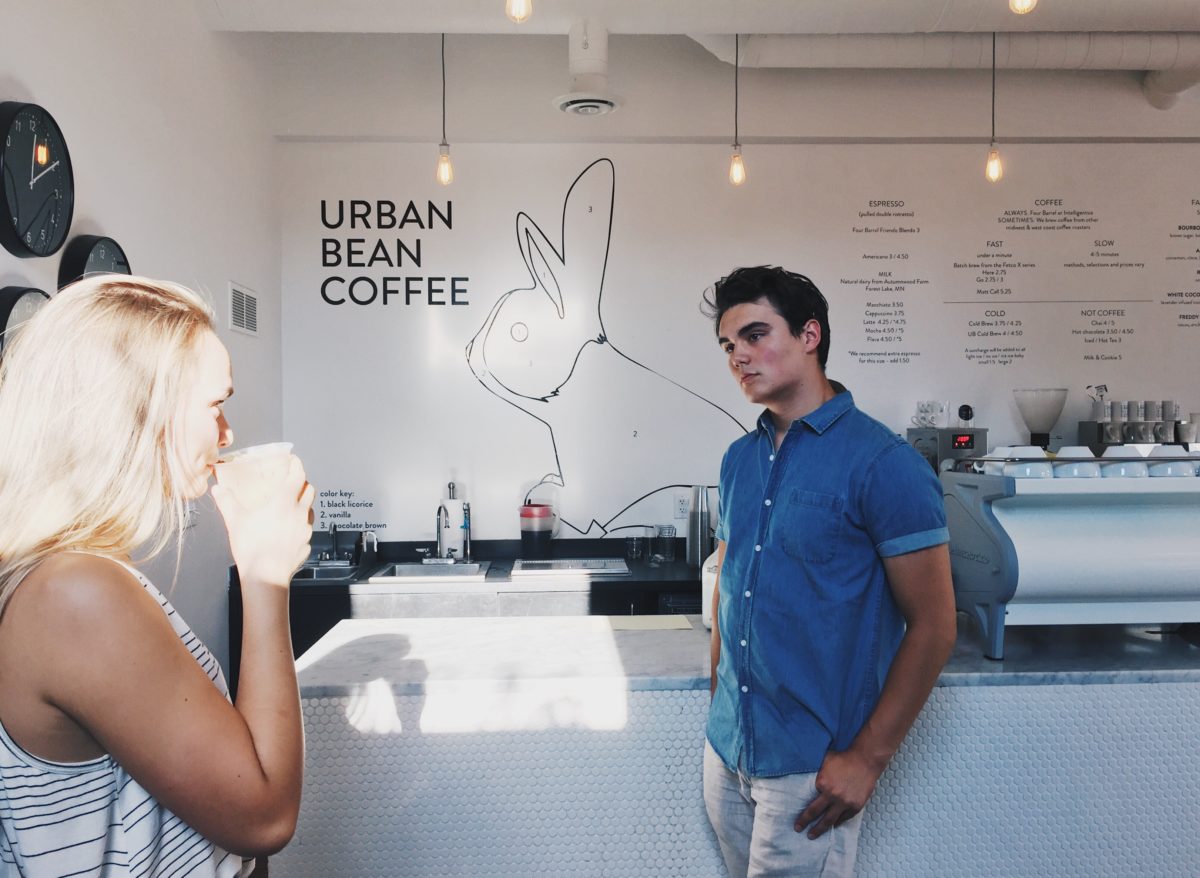
But it wasn’t just this last break that I’ve experienced great kindness. The tour in Japan was nonstop kindness, from not only my family and childhood friends, but from strangers as well. My coworkers at Cirque Du Soleil are kind, and so were the ones in Absinthe. All of the undergraduates I met at Stanford University were kind, as were the ones in Minnesota.
…
The more I think about it, the more I realize that the majority of people are kind. It’s easy to assume the opposite.
Just last night, we were gathering at a trendy cocktail bar in downtown Brussels for a friend’s birthday when our phones buzzed with alerts. “Stay away from such-and-such area, a machete attack on an armed soldier has occurred.” Cue stunned group silence.
But the night went on. The attack was soon forgotten and my evening was filled with laughter and jokes and playful teasing.
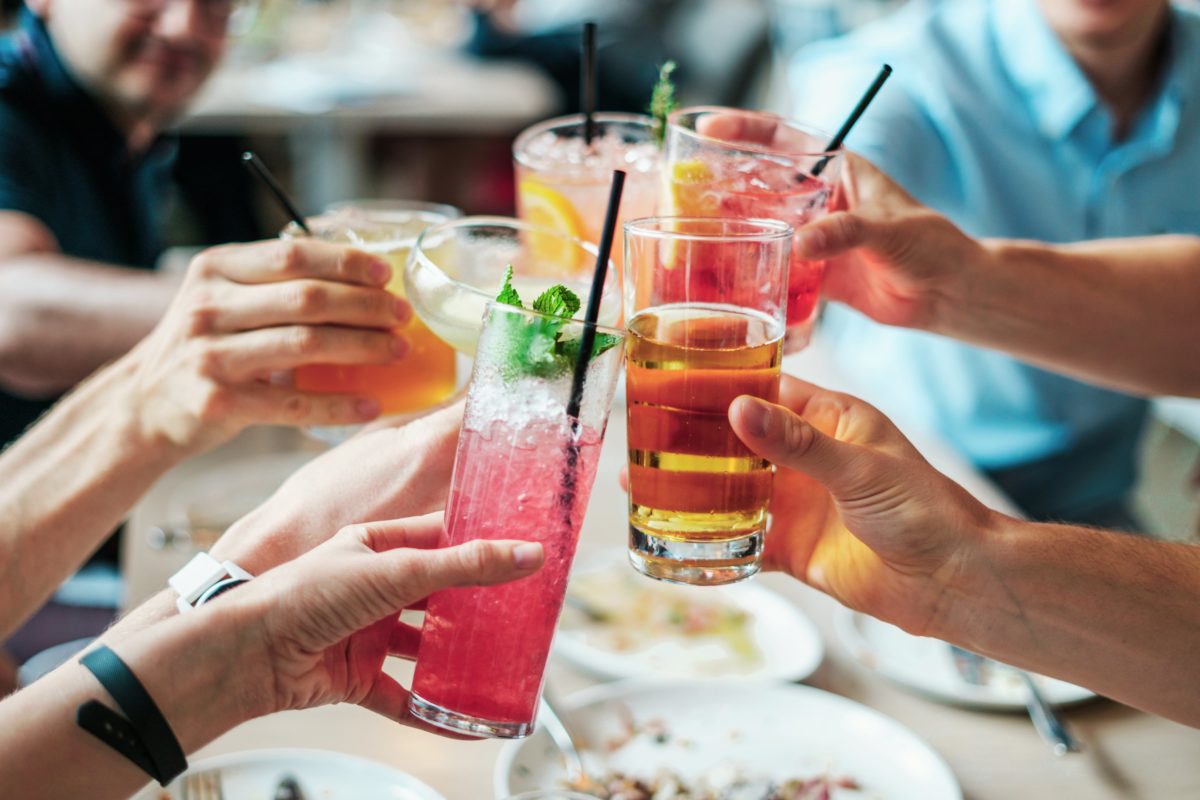
Turn on the television and you see bombings, stabbings, murders, and car-rammings. The world as it’s portrayed is hardly kind. When we meet another person we’re more likely to be cautious than open, the result of excellent conditioning. Don’t talk to strangers. They might be a serial killer. Pretty soon the world is our enemy and we regress to hermits, untrusting and afraid.
However, examine the reality of your life and you, like me, may realize that the majority of people you’ve ever had contact with range from a scale of neutral to exceptional generosity.
And if you’re one of those, “I’ve lost all faith in humanity,”-ers, I ask you to reconsider.
…
Take a step back and analyze human beings as a species to get a sense of where kindness comes from.
Logically, it would not make sense for an independent organism to give resources, energy, or time to another benevolently… Unless it’s in exchange for something that would positively affect it’s own chances survival.
So we selfish mofos are kind by desire (and everyone always want something).
Also, Humans are naturally social creatures. People excel and thrive when working together, living together, and loving together. (*)
Bottom line: you can expect people to be kind, if you have something they want.
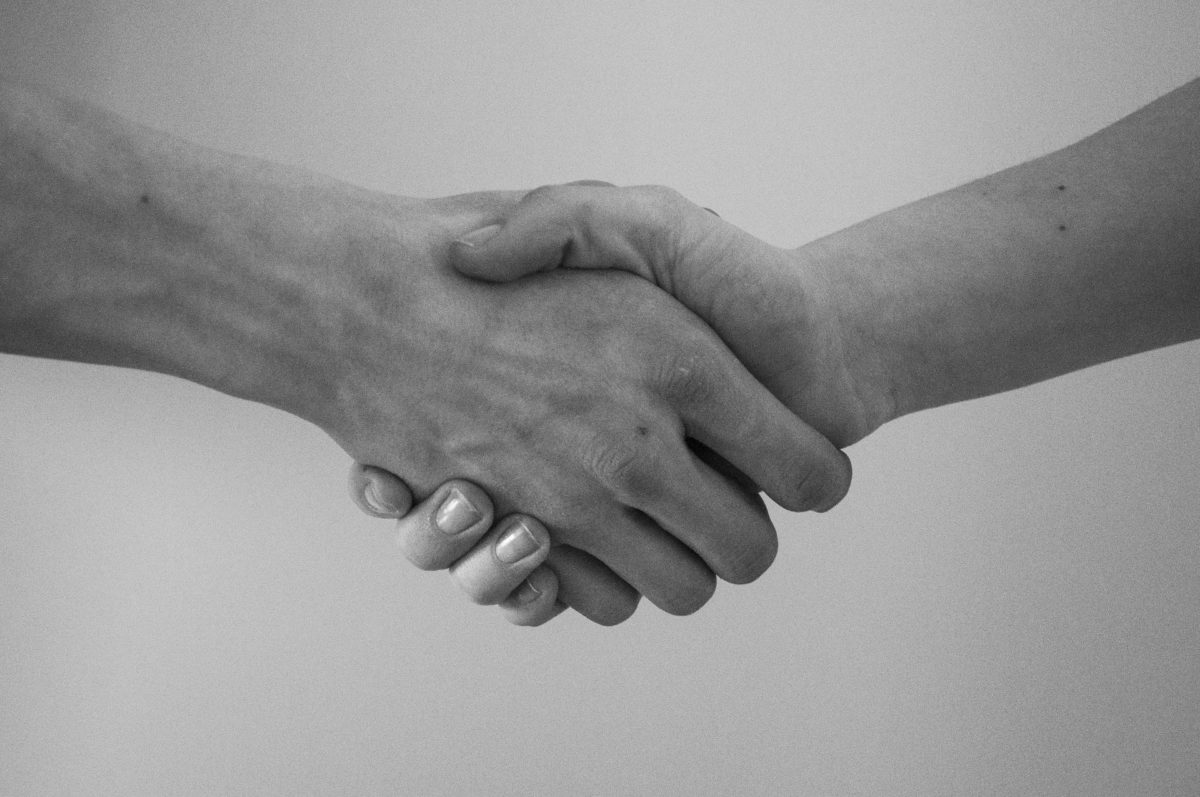
…
Consider the opposite, when we choose to be unkind.
It could be jealousy, self-preservation, or maybe you just don’t like the person. But you gain nothing positive from being unkind. You may hurt your own reputation, sever a connection that may have been beneficial, and may even accumulate guilt if you regret your actions later.
Weighing the outcomes, the choice seems obvious.
…
There’s some science behind kindness.
Some studies say it’s human nature to be kind. Experiments performed on children showed attempts to be kind and helpful from a surprisingly young age. Kindness is a choice, but maybe we’re born with it.
Acts of kindness create neural pathways that enhance feelings of well-being and the natural flow of feel-good endorphins and mood elevating neurotransmitters. (**)
Acts of kindness are more likely to inspire others act in a kind way, a kind of ripple-effect. Kindness is contagious.
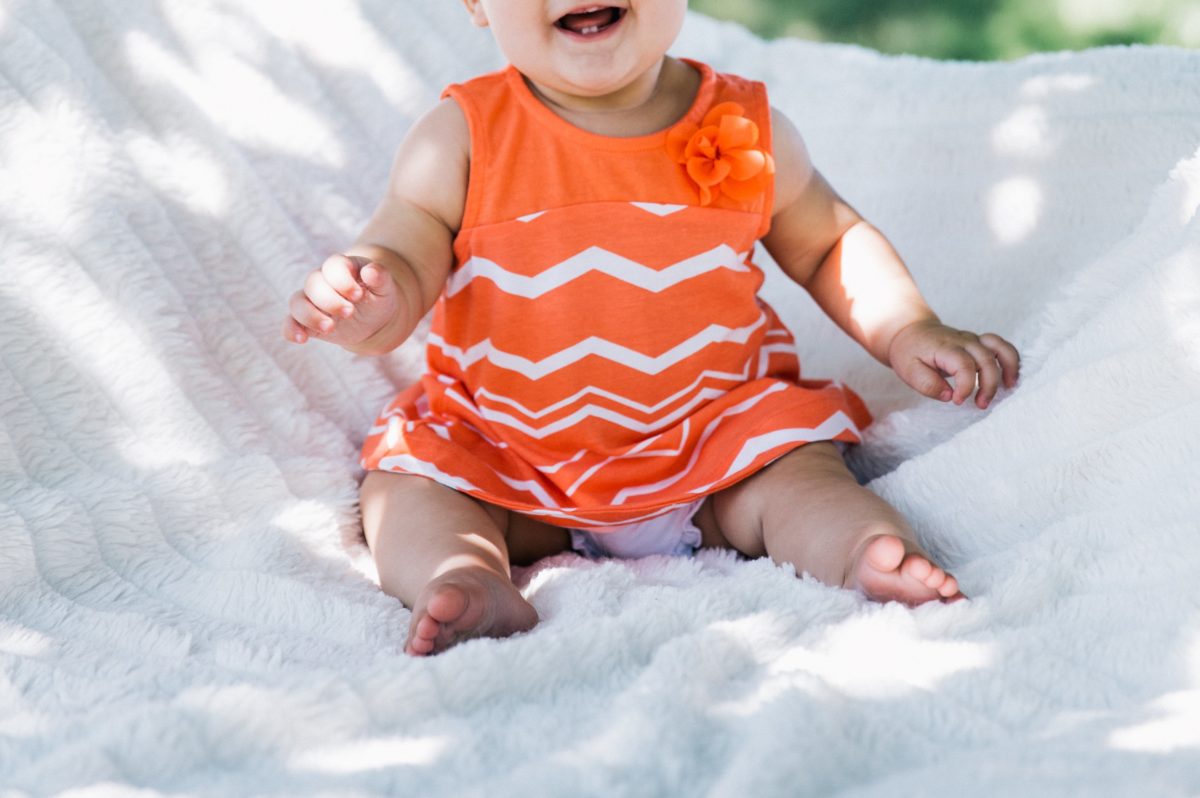
…
Kindness is when a friend stays up until 3 am because your flight got delayed, just to pick you up from the airport. Kindness is when that friend sleeps on the couch so you can have a bed after so many weeks in a hotel room. Kindness is when a family treats you as one of their own.
It’s when you’re offered a car to drive. It’s when you’re treated to delicious sushi. It’s when someone sits with you to have coffee, and you feel like you can tell them anything.
Kindness is so much more than a selfish human desire for survival. Kindness is compassion, and kindness is love.
…
…
What’s your most recent experience with kindness?
If you can’t think of a good one – go out of your way to be kind to someone today.
